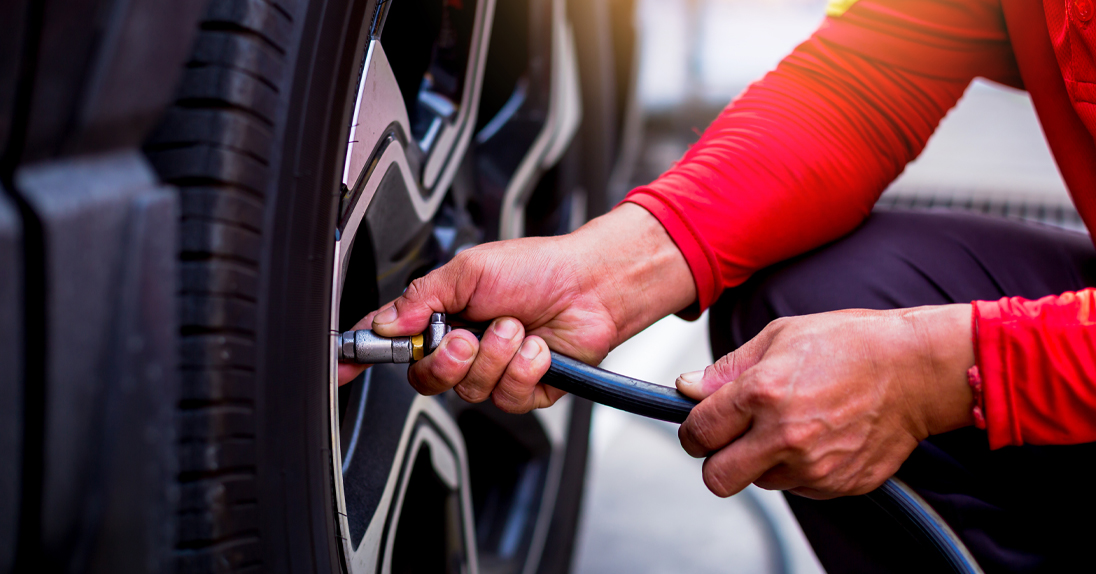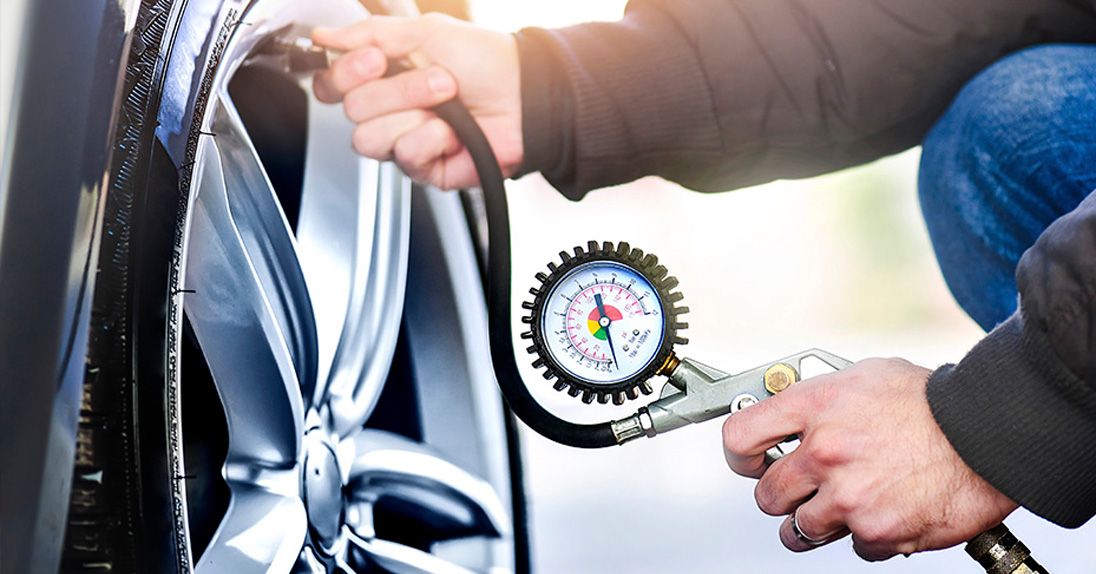Everyone knows how to check engine oil to ensure their engine doesn't blow up, but how many people check their tyre air pressure on a regular basis? Car tyres aren't only dangerous when they're old and worn out; you also need to know what tyre pressure you have in your tyres when driving since it has serious safety and financial repercussions.
The amount of air in your pneumatic tyre is measured by car tyre pressure, which guarantees that the tyres wear evenly and retain the proper degree of traction on the road surface. PSI, or pounds-per-square-inch, is a popular measurement.Thus a psi guide would give you the required information to keep your tyres in a safe condition in terms of pressure.

If you don't check your tyre pressure on a regular basis, it's quite simple for them to get deflated. So, how frequently should you check your tyre pressure? A tyre loses around 1 psi (0.07 bar) every month, which may cause uneven tread wear. We suggest monitoring your tyres every two weeks, as well as before extended travels and highway driving. Make it a regular component of your tyre care regimen, along with checking the tread depth and looking for damage.
One of the fastest and simplest methods to verify whether your tyres are properly inflated is to use a tyre gauge. To check tyre pressure, follow these steps: Place the pressure gauge on the valve after removing the tyre valve dust cover. Then gently lower the gauge until you reach your desired reading.
Check the reading to discover whether your tyres need to be deflated or inflated. Check all four tyres since the pressure in each tyre might differ. Don't forget to check your spare tyre's pressure as well, since it will naturally lose pressure over time.
You may always go to your local tyre shop if you don't have a tyre pressure gauge at home. We can check your tyre pressure for you at Lassa.

Overinflated tyres may have a significant influence on your vehicle's handling. With too much air in your tyres, you'll have less touch with the road, which means longer braking distances and less traction. They'll also be more sensitive to hits, which might affect the way your suspension performs.
Overinflated tyres are more likely to have severe and uneven wear over the middle area of the tyre, which leads to a lower tyre lifetime than adequately inflated tyres.